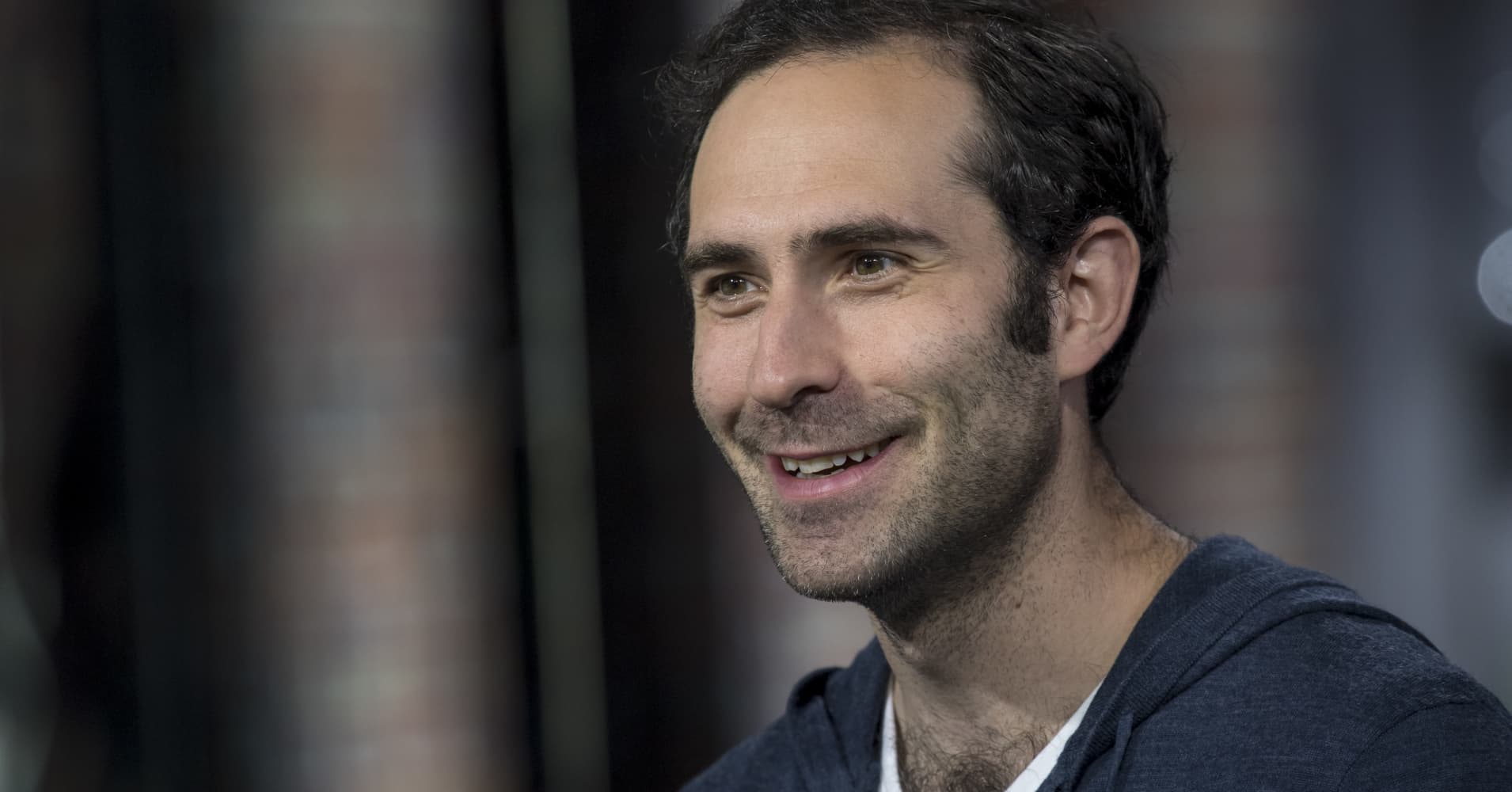
Twitch, the Amazon-owned video streaming service where viewers watch other people play video games, has outgrown its niche roots to the point that 1 million people on average are using it at any given time.
The broader category of esports has blossomed into an international phenomenon, with research firm Newzoo predicting the market will grow 55 percent by 2020 to $1.4 billion. That kind of success brings with it competition from big media and tech companies looking for new areas of growth.
"One of the biggest changes for Twitch over the past year is just the way that video games and streaming have started to cross over into the mainstream," CEO and co-founder Emmett Shear told CNBC in an interview last weekend in San Jose, California, at the company's annual TwitchCon event.
Facebook recently added to its Gaming Creator pilot program, aiming to give content producers more tools. And in September, 21st Century Fox invested $100 million into social broadcasting platform Caffeine, which is dedicated to producing exclusive esports, video gaming, live entertainment and sports content.
"I think the difference between Twitch and any competition is that degree of hyperfocus on the streamer," Shear said. "As a result, we just build better tools and a great community for that."
Four years after Amazon shelled out $970 million for Twitch, Shear remains in expansion mode. Much of that was on display at TwitchCon, where tens of thousands of fanatics descended on Silicon Valley and millions of dollars in prize money was paid out to winners. The final weekend of Fortnite's $10 million Fall Skirmish tournament took place at the event and drew in over 4 million unique viewers, who tuned in to watch almost 24 hours of cumulative live-streamed content.
Twitch boasts about 15 million daily active users with over 2 million unique broadcasters streaming and creating content every month. Of late, it's even been attracting celebrities.
"There's always been a certain cross-cultural appeal to gaming and Twitch," Shear said. "But over the past year, we've seen things like Drake going on Ninja's stream, which have almost been milestone events."
Ninja, whose real-life name is Tyler Blevins, has almost 12 million followers on Twitch, the most of any gamer, according to TwitchMetrics.
But Shear isn't stopping at video games and esports. Twitch has been partnering with traditional sports leagues such as the NBA and NFL, and the company is growing its arsenal of streamers and producers dedicated to broadcasting content outside of the traditional gaming sphere.
Part of that emphasis involves encouraging streamers and audiences to engage with one another, creating a community-based model. From "Pokemon" movie marathons to letting streamers host tournaments on their own channels, Twitch says it's trying to build an economy that helps streamers build and sustain their own businesses. Shear announced on stage at TwitchCon that the company has doubled the amount of money paid to its affiliates and partners in the past year.
Donations are a big part of Twitch's revenue, along with ads and sponsorships. Viewers cheer on streamers with virtual currency. In August, Twitch launched the Community Gifting venture that allows users to to provide gifts to streamers in the form of adding subscribers to their channels. Streamers earned over $9 million in just the first nine weeks of the initiative, an amount Shear said speaks to the power of the content found on Twitch and its connection to their audience.
"It's not that people are buying something, it's that people are putting their wallets where their soul is," Shear said.
He likened the model to viewers donating to Public Broadcasting Service because they believe in the mission.
"I think streamers are their own mini-public broadcasting station where you've got this public service that you're doing by bringing this community together," Shear said. "Twitch has brought a scale to that."
No comments:
Post a Comment